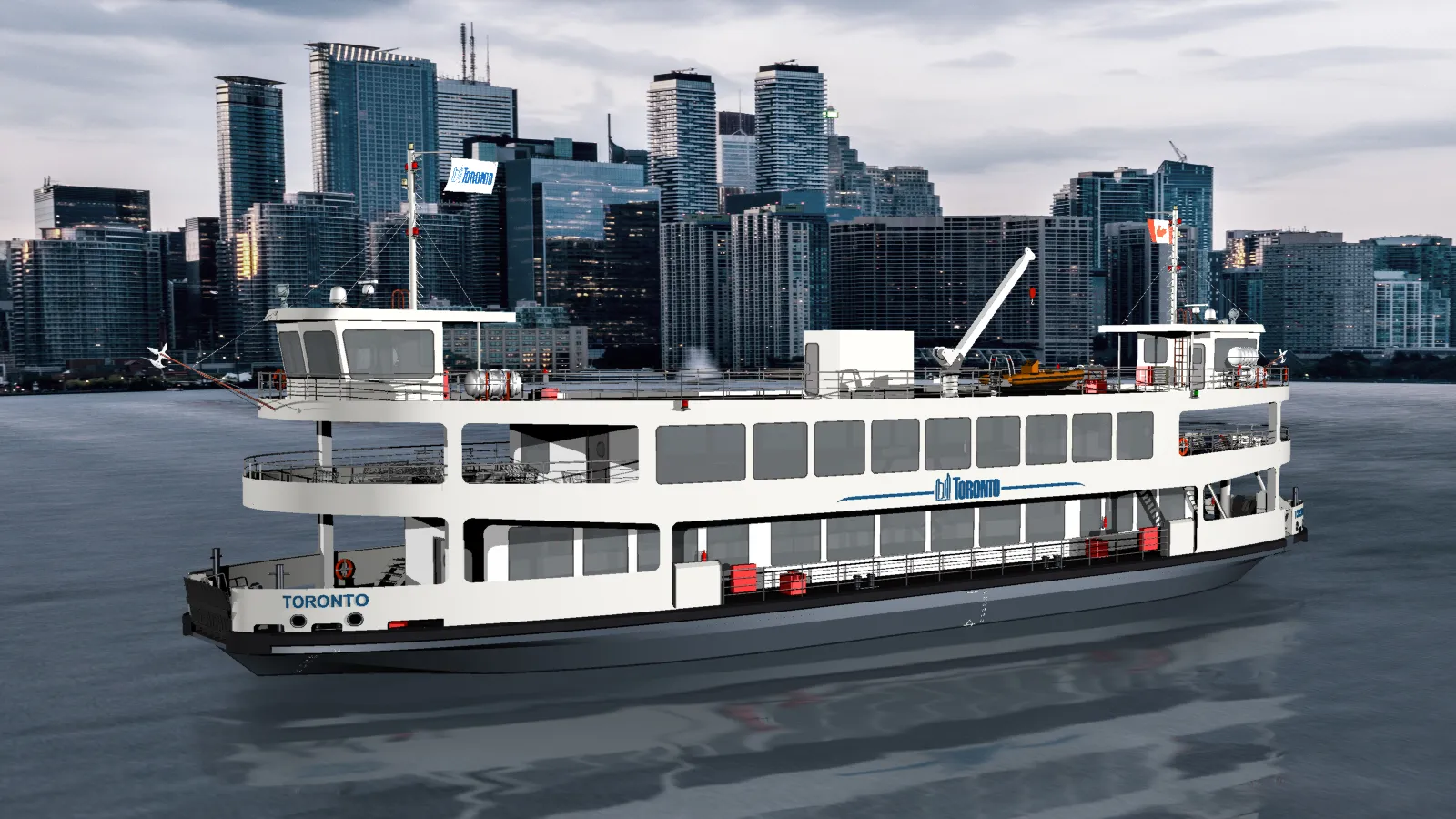The 56 new buses to be used on the routes will be built in the UK in a partnership between British manufacturer ADL and Chinese company
London already has more than 2,500 hybrid electric buses running across the Capital. The addition of these new fully electric buses will bring the total number of electric buses in London to over 170. This includes route 360, which will convert to fully electric buses later this year, and routes 70 and C1 are set to follow in spring 2018.
The Mayor has also announced a new US$111.5 million (£86.1million) programme to cut harmful emissions from London’s existing bus fleet. Around 5,000 buses – more than half of the fleet – are set to be upgraded to meet the latest ultra-low Euro VI emissions standard, cutting pollution by up to 95 per cent. The Mayor also set out in his draft Transport Strategy that by 2037 at the latest, all 9,200 buses across London will be zero emission.
The electric routes are part of a major transformation the Mayor has asked TfL to deliver to reduce emissions from London’s bus fleet. Other innovative measures to clean up the capital’s bus fleet include the phasing out of diesel-only buses and a commitment to purchase only hybrid or zero-emission double-decker buses from 2018.
London to have three more fully-electric bus routes
Transport for London (TfL) and the Mayor of London, Sadiq Khan, have announced three more electric-only bus routes in the city on routes 46, 153 and 214, the latest in a series of measures to tackle London’s toxic air.
July 7, 2017
Read time: 2 mins








